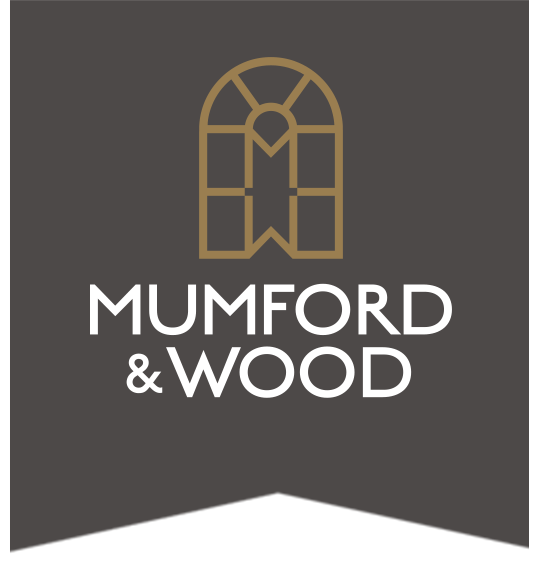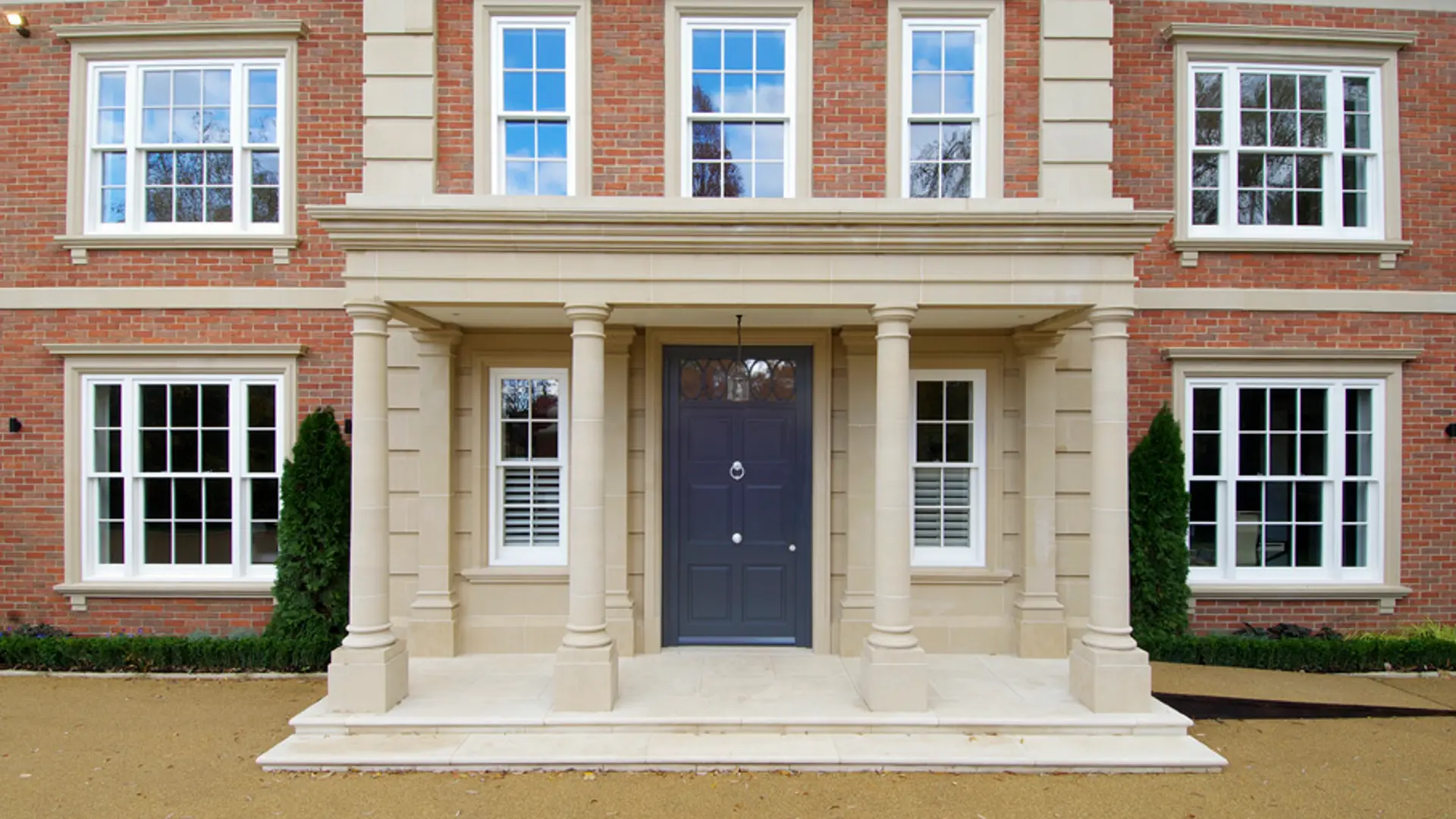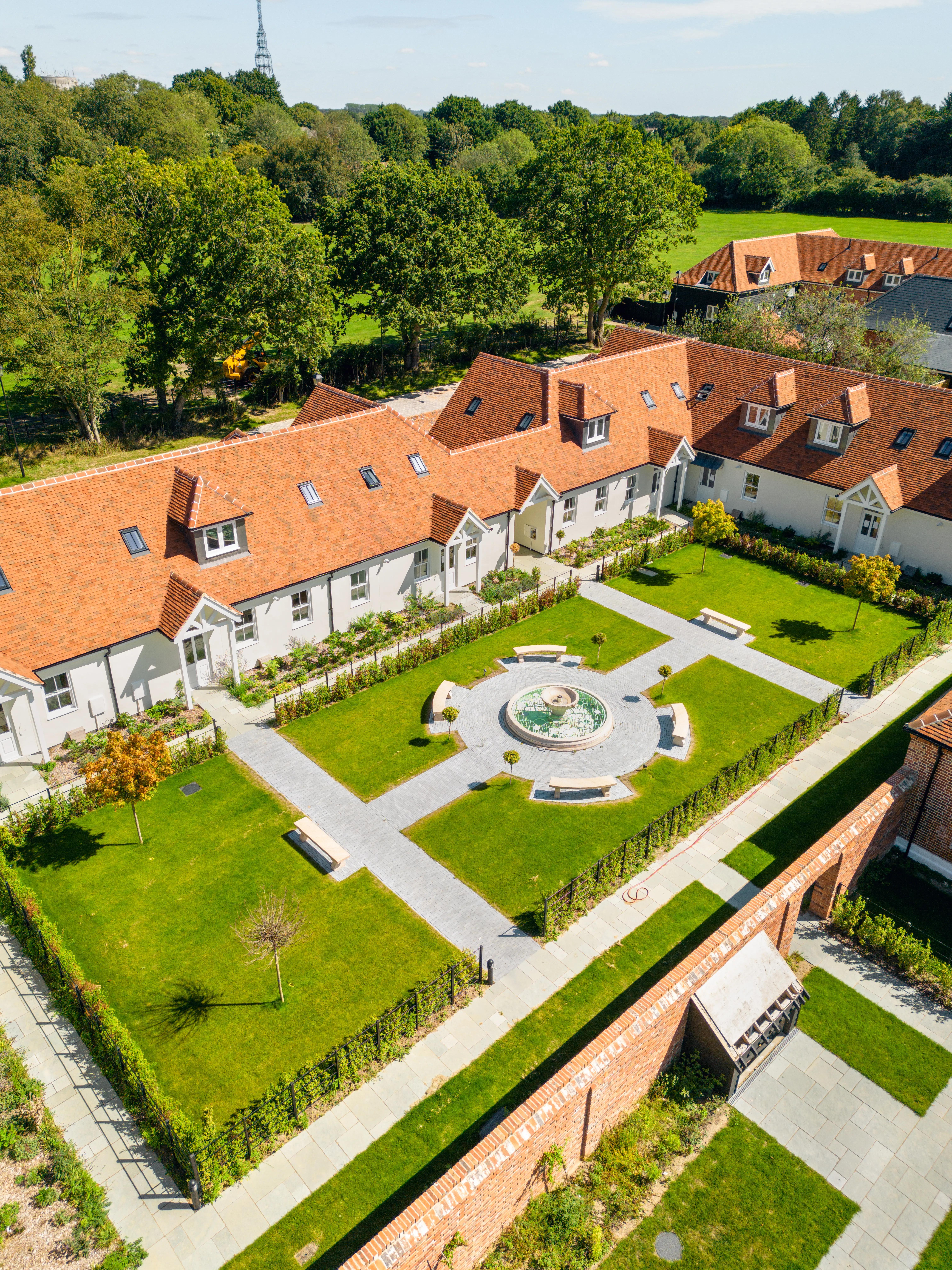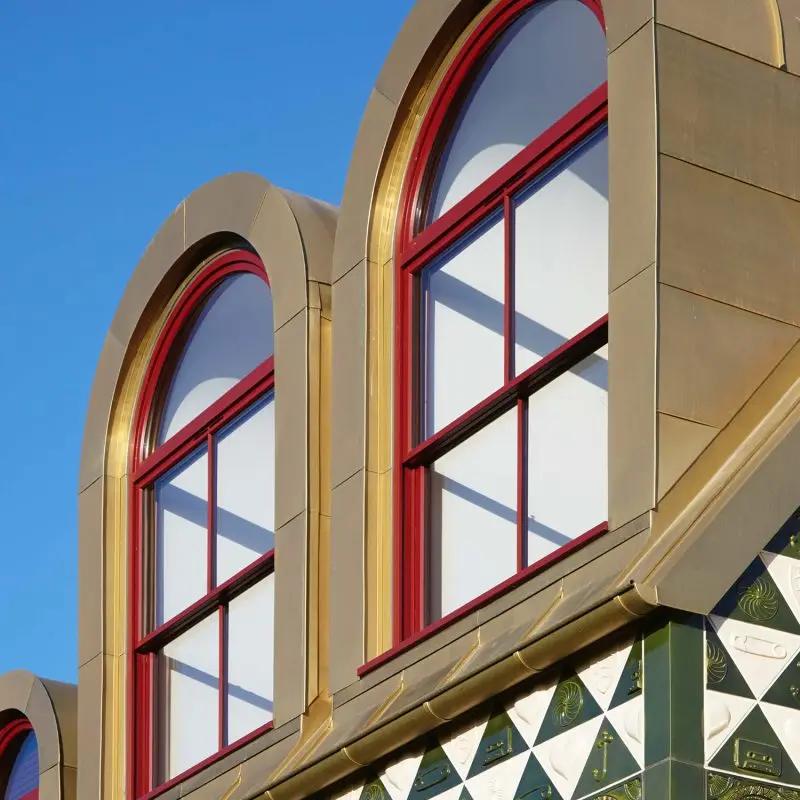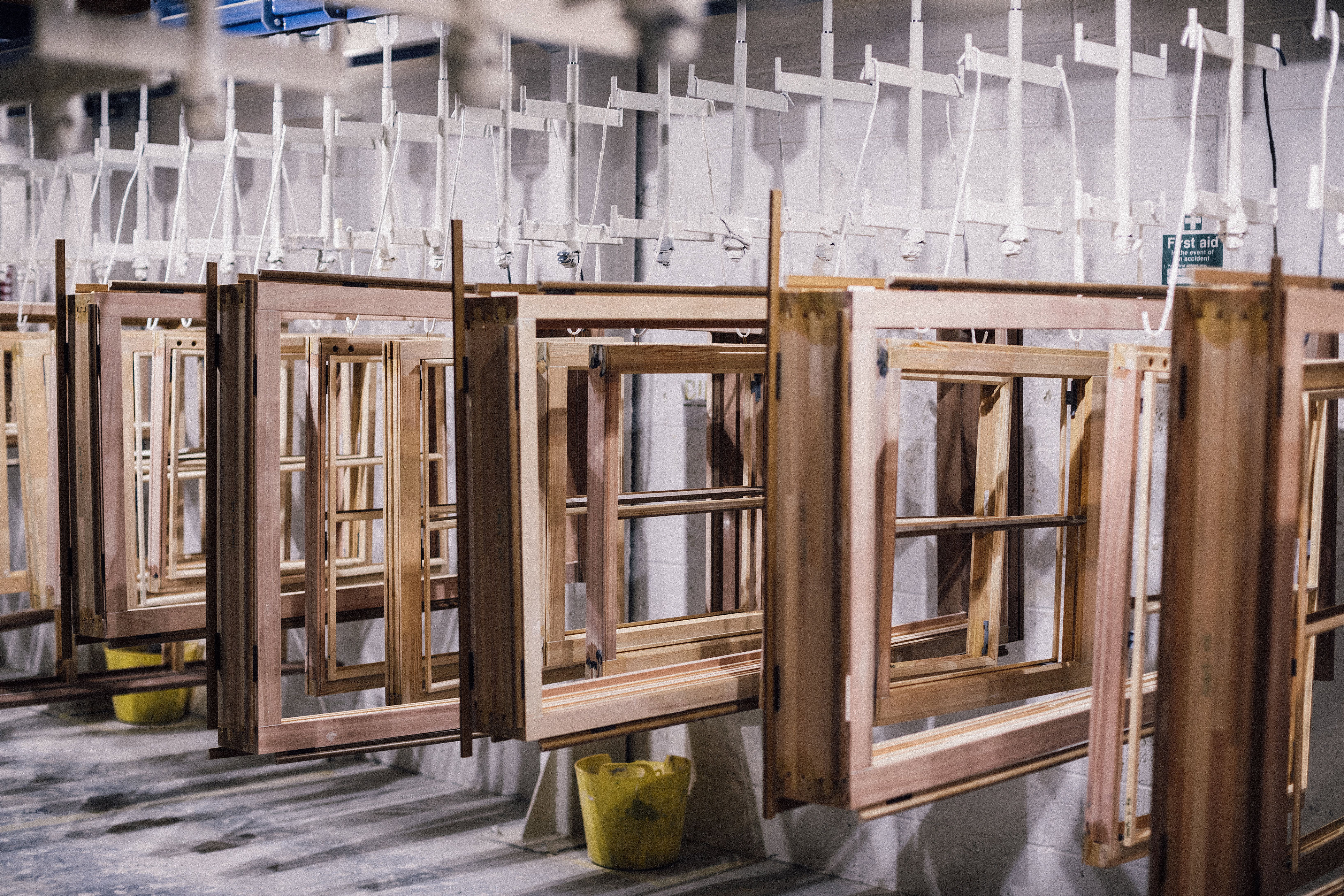When it comes to improving or developing properties, few decisions are as pivotal as choosing the right windows and doors. These aren’t just architectural features – they shape the character, comfort, and efficiency of a home. Yet despite their importance, misconceptions continue to circulate – especially when it comes to timber compared to materials like uPVC and aluminium.
Let’s separate fact from fiction and uncover the truth behind some of the most persistent industry myths.
Myth 1: Timber Windows and Doors Are Far More Expensive
It’s a widespread belief that timber is the most expensive material on the market – but that doesn’t tell the full story. While basic uPVC or aluminium may seem cheaper upfront, costs can quickly rise when you start adding premium finishes, such as timber-effect foils or ultra-slim profiles.
High-quality timber windows, particularly those that are fully pre-finished, double-glazed and sustainably sourced, can offer better long-term value. Not only do they often last longer, but they also enhance kerb appeal, thereby elevating resale value and the overall impression of a property.
Myth 2: Timber Doesn’t Last as Long as uPVC or Aluminium
Thanks to modern manufacturing techniques and the use of engineered, slow-grown redwood, timber frames now offer impressive durability and stability.
Compare lifespans:
- uPVC: 10 to 35 years
- Aluminium: 20 to 25 years
- Timber: 60 to 80 years (or more)* with the right care
Unlike uPVC, which can become brittle, or aluminium, which can suffer from corrosion or cold bridging, timber continues to perform well, all while maintaining its classic charm.
Myth 3: Timber Requires More Maintenance
All window and door materials require some level of upkeep to ensure optimal performance. The idea that timber demands far more attention is outdated.
In reality, regular cleaning, lubricating of hardware, and periodic checks are needed across all materials. The difference? Timber offers a chance to refresh and rejuvenate with ease. Modern microporous finishes mean long intervals between repainting, and with our products, you’ll receive touch-up paint with every order.
Myth 4: Timber Isn’t Good for Sound Insulation
In fact, timber is one of the best materials for reducing external noise. Its natural density and softness help absorb sound better than man-made alternatives.
Combined with acoustic glazing, timber windows can significantly reduce noise levels – making them a fantastic choice for city homes, properties near main roads, or even peaceful rural retreats that want to preserve their tranquillity.
Myth 5: Timber Isn’t Energy Efficient
Another myth we’re happy to bust. Softwood timber is an excellent natural insulator, with low thermal conductivity that helps regulate indoor temperature. Unlike hollow uPVC or aluminium, timber retains warmth and keeps cold out – reducing heat loss and helping to control energy bills.
And when combined with modern double or triple glazing, it becomes a highly efficient solution for today’s eco-conscious homes.
Final Thoughts
The window and door industry is full of half-truths – and that’s led many to overlook the true value and performance of timber. With a longer lifespan, stronger insulation (both thermal and acoustic), and classic good looks, timber windows and doors remain a standout choice – whether you're a developer, self-builder or homeowner.
At Mumford & Wood, we pride ourselves on producing high-quality timber products that not only meet performance expectations but also honour the heritage and character of your home.
Request a brochure, speak with our expert team, or visit our showroom to experience our range up close.
